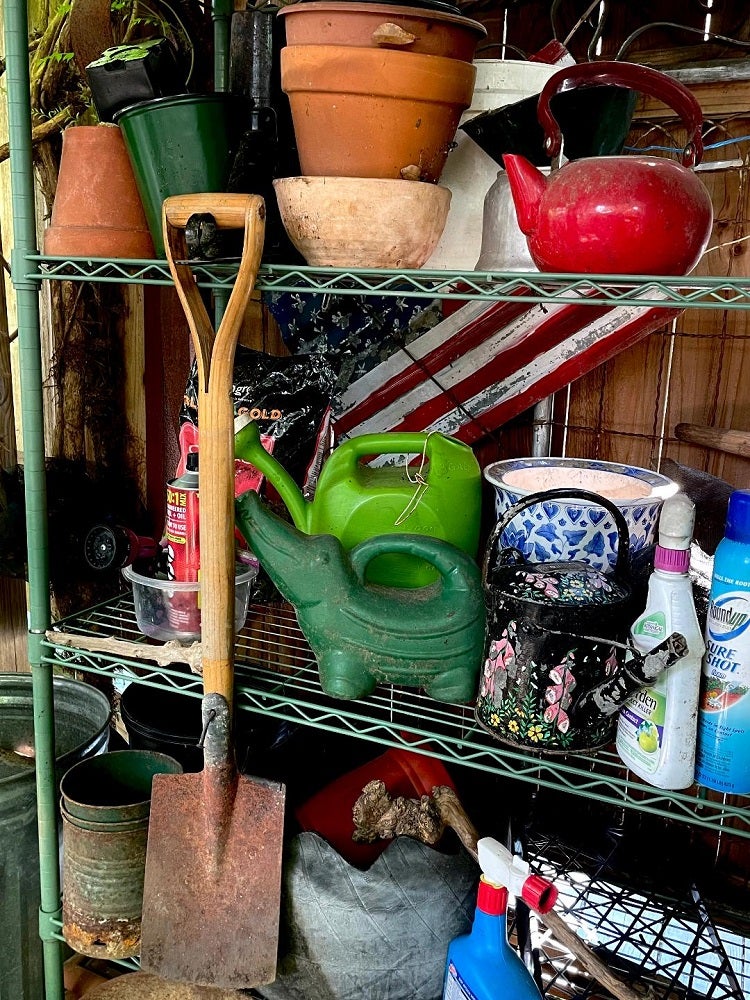Arboretum Paths: Native aquatic plants thrive in summer heat
Published 7:00 am Wednesday, July 6, 2016
Do you have a wet spot in your lawn where your mower always gets stuck? Don’t see it as a shortcoming, consider some native species that are suited to these areas! The Crosby Arboretum will have many choices of plants that prefer wet sites at the Aquatic Plant Sale this weekend, July 9.
Many typical ornamental plants tend to perform best in average, well-drained soils. If you try growing such species in areas that are poorly drained, you’ll soon learn that delicate plants such as annuals can quickly die due to the lack of oxygen to the roots in the waterlogged soil, or from diseases that can develop on weakened plants.
Many shrubs, like dogwoods, azaleas and camellias, are notorious for not liking “wet feet”. But fortunately, there are many native plants that prosper inn wet or moist conditions.
Few of us want to be outside during summer’s sweltering conditions, sprinkling our garden bed. But wet areas in our landscapes can provide a continuous source of water over the summer months. Go “with the flow”, and consider some new plants for your garden that will prosper in these conditions.
Keep in mind that plants that prefer wet sites will differ in the amount of water they prefer. For example, some trees such as Southern magnolia or American beech, prefer moist but well-drained soils, while other trees like American holly, bald cypress and red maple will grow in heavy, poorly drained soils.
An easy-to-grow perennial for the garden with a dramatic appearance is the red star hibiscus (Hibiscus coccineus). It is also known as Texas star hibiscus, or scarlet rose mallow. Arboretum grounds manager Terry Johnson has grown this plant especially for our aquatic plant sale, as well as the white-flowering form of the plant.
Texas star hibiscus can grow up to six feet tall and has attractive mid to late summer blooms up to six inches wide. The plant is attractive to butterflies and hummingbirds, and grows in sun to part shade and a range of moist habitats. It can even be submerged at the edge of a pool. But, like many aquatic species, although it will thrive in moist soils, Texas star hibiscus will also be happy in a typical garden bed.
Pickerel weed (Pontederia cordata) is a common herbaceous perennial found in shallow water or mud, with attractive purple-blue flower spikes. It grows to around three feet. The fruit is eaten by water birds that also will use the masses of leaves for cover. Pickerel weed’s handsome leaves and long bloom spikes make it an attractive plant for the water garden. At the Arboretum, we often notice that dragonflies will use the flowers as a “rest stop”.
Trees that tolerate wet areas will be also available at the aquatic sale. Bald cypress is a deciduous tree with feathery, delicate leaves and a conical form that will make it a nice addition to your property, particularly in groupings. Its pyramidal form, and branching structure, allows this tree to be extremely resistant to strong winds. While bald cypress prospers in moist or swampy areas, it does just fine on dry sites. If you have an area that tends to hold water, consider planting cypress trees in a bed of perennials such as Louisiana iris or American crinum lily.
If you are interested in aquatic plants, you’ll enjoy the chance to learn more about them this Saturday. The Aquatic Plant Sale will feature many non-invasive native aquatics, such as southern blue flag and Louisiana iris, golden club, crinum lily, many colors of hardy water lilies, and arrow arum. The sale will be in the Arboretum’s greenhouse area (use the Service Entrance). Pearl River County Master Gardeners, and Arboretum volunteers and staff members will provide advice on where to locate and how to grow the plants offered at the sale.
The Arboretum’s Aquatic Plant Sale will be held from 9:00 a.m. to noon on July 9. For more information, call 601-799-2311 or see our program calendar at www.crosbyarboretum.msstate.edu. The garden is open Wednesday through Sunday from 9 a.m. to 5 p.m. and located in Picayune, off I-59, Exit 4, at 370 Ridge Road (south of Walmart and adjacent to I-59).
By Patricia R. Drackett, Director and Assistant Extension Professor of Landscape Architecture
The Crosby Arboretum, Mississippi State University Extension Service



